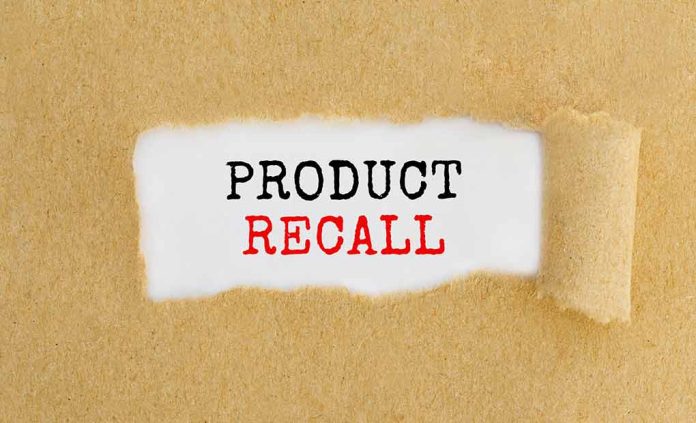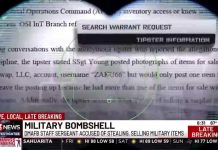
A nationwide recall of over 75,000 cases of potentially contaminated eye drops has been issued by the FDA, stemming from serious violations of manufacturing standards that could compromise product sterility.
Key Takeaways
- BRS Analytical Services has recalled nearly 76,000 cases of AvKare eye drops after the FDA identified sterility violations in the manufacturing process
- Products shipped between May 2023 and April 2025 with expiration dates ranging from April 2025 to March 2027 are affected by this Class II recall
- The FDA warns that non-sterile eye drops pose heightened risks as they bypass natural bodily defenses
- Consumers should immediately stop using these products and can request refunds through AvKare’s recall form
- Recalled products include various Artificial Tears Ophthalmic Solutions and Carboxymethylcellulose variants
Manufacturing Standards Compromised
The FDA has announced a voluntary recall of eye drops manufactured by BRS Analytical Services, LLC, and distributed by AvKare due to significant deviations from current Good Manufacturing Practice (cGMP) standards. The recall affects approximately 76,000 cases of various ophthalmic solutions designed to treat dry and irritated eyes. These violations were identified during a recent FDA audit and raise critical concerns about product sterility, a factor especially important in medications applied directly to the eyes.
“Ophthalmic drug products potentially pose a heightened risk of harm to users because drugs applied to the eyes bypass some of the body’s natural defenses,” the FDA stated in its announcement regarding the recall notification.
The FDA has classified this as a Class II recall, indicating that while the products pose potential health risks, these are likely to be temporary or medically reversible. Despite this classification, consumers should take immediate action, as sterility breaches in eye products have previously led to serious infections and even vision loss in some cases. The recall applies to products distributed “to the consumer level,” according to AvKARE, meaning these potentially unsafe products have already reached individual users.
Products Affected and Consumer Action
The recall encompasses multiple types of ophthalmic solutions and gels designed for treating dry and irritated eyes. Affected products were shipped between May 2023 and April 2025, with expiration dates ranging from April 2025 to March 2027. This extensive timeline means many consumers may still have these potentially compromised products in their medicine cabinets and should check their eye drops immediately against the recall list, which includes various Artificial Tears Ophthalmic Solutions and Carboxymethylcellulose variants.
“The current health hazard posed to users of the eye drops is unknown, but possible risks cannot be ruled out,” AvKare warned in their official statement, emphasizing that use of affected products should immediately cease.”
AvKARE has instructed suppliers and consumers to “examine your inventory to determine if you have any of the lots” affected by the recall. The company is offering full credit for returned products, including shipping costs, making it financially painless for consumers to comply with safety recommendations. Consumers can request refunds through AvKare’s recall form, which is available on their website.
Regulatory Oversight and Health Implications
This recall highlights ongoing concerns about the regulation and safety of eye care products in the United States. The FDA relies on cGMP regulations to ensure the “identity, strength, quality and purity of drug products.” When these standards are violated, particularly in products applied directly to sensitive areas like the eyes, the consequences can be significant. The FDA notes that such violations may cause “temporary or medically reversible adverse health consequences or where the probability of serious adverse health consequences is remote.”
“The drops, used to relieve itchy, dry eyes, were also recalled due to a ‘lack of assurance of sterility,'” the FDA stated, underscoring the fundamental safety issue at stake.
The current recall is part of a concerning pattern of eye product recalls in recent years, raising questions about manufacturing standards and regulatory oversight in this critical healthcare sector. For those dependent on eye drops for daily comfort, consulting with an eye doctor about safe alternatives is recommended until the recalled products are properly removed from circulation. President Trump’s administration has consistently pushed for stronger oversight of pharmaceutical manufacturing to ensure American consumers receive safe, effective medications – an area where clearly more vigilance is needed.













